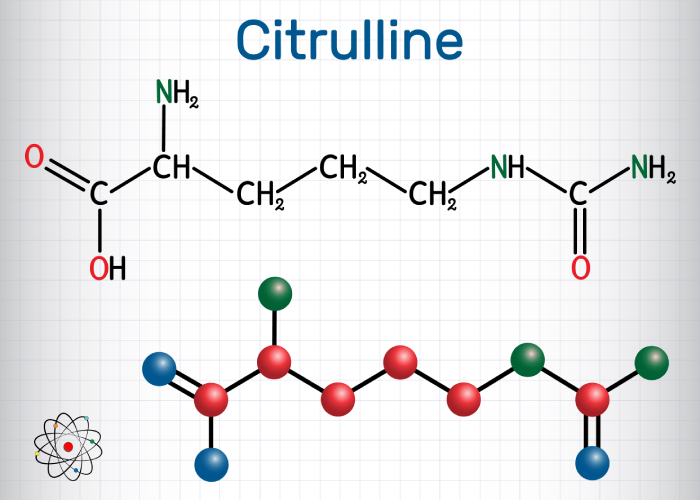Exploring Blue Foods’ Potential in Combating Purine Metabolism Disorders
In the quest for sustainable and effective alternatives to conventional food sources, marine-derived foods, commonly referred to as blue foods, have emerged as a promising avenue. These oceanic treasures are garnering attention due to their rich amino acid profiles and high protein content. Of particular interest is their potential in addressing hyperuricemia, a chronic condition stemming from purine metabolism disorders.
Current therapeutic approaches for hyperuricemia often come with a host of undesirable side effects, prompting researchers to explore novel treatment options. Recent studies have uncovered peptide xanthine oxidase inhibitors in the hydrolyzed products of marine fish and invertebrate proteins. These inhibitors have shown encouraging results in reducing uric acid levels, both in laboratory settings and living organisms.
A comprehensive review has been conducted to delve into the therapeutic potential of these marine-derived xanthine oxidase inhibitors. The study explores various aspects, including methods for extracting bioactive peptides from marine organisms and the crucial role different proteases play in determining the structure-activity relationships of these peptides.
While the hypouricemic effects of these bioactive peptides are promising, researchers emphasize the need for further verification. The scientific community has reached a consensus on the in vitro chemical methods used to validate the xanthine oxidase inhibitory effects of these peptides. The review also examines various cell and animal model development strategies, highlighting several well-established modeling methods.
To enhance the practical application of these findings, the study proposes strategies to improve the bioavailability of bioactive peptides and advocates for a more diverse evaluation system. Although numerous studies have demonstrated the feasibility of screening and evaluation methods for antihyperuricemic peptides, the current approaches are not without limitations.
The review critically examines the shortcomings in bioavailability, synthesis efficiency, and evaluation mechanisms, offering potential solutions to address these challenges. By doing so, it provides a fresh perspective on the exploration and application of marine-derived hypouricemic bioactive peptides, potentially paving the way for more effective and sustainable treatments for hyperuricemia.
Commentary by YourDailyFit columnist Alice Winters:

The exploration of marine-derived peptides as a potential treatment for hyperuricemia represents a fascinating intersection of marine biology, nutritional science, and pharmaceutical research. This innovative approach not only offers hope for patients suffering from hyperuricemia but also aligns with the growing global emphasis on sustainable and eco-friendly solutions.
The use of blue foods as a source of bioactive compounds is particularly intriguing. As our oceans cover over 70% of the Earth’s surface, they represent a vast and largely untapped resource for novel bioactive compounds. The high protein content and diverse amino acid profiles of marine organisms make them excellent candidates for the development of functional foods and nutraceuticals.
However, it’s crucial to approach this research with both enthusiasm and caution. While the initial results are promising, several challenges need to be addressed before these marine-derived peptides can be considered viable treatments:
1. Bioavailability: Peptides are notoriously difficult to deliver orally due to degradation in the digestive tract. Improving their bioavailability is crucial for their efficacy as therapeutic agents.
2. Scalability: Extracting these peptides from marine sources on a large scale could present significant technical and economic challenges. Sustainable harvesting practices must be developed to prevent overexploitation of marine resources.
3. Standardization: Given the variability in marine organisms, ensuring consistent quality and potency of the extracted peptides will be essential for their acceptance as therapeutic agents.
4. Regulatory hurdles: As a novel class of compounds, these marine-derived peptides will likely face rigorous regulatory scrutiny before approval for human use.
5. Long-term safety: While these peptides are derived from food sources, their concentrated forms may have unforeseen long-term effects that need to be carefully studied.
Despite these challenges, the potential benefits of marine-derived peptides in treating hyperuricemia are too significant to ignore. Their natural origin may lead to fewer side effects compared to synthetic drugs, and their sustainable sourcing aligns with growing consumer preferences for eco-friendly products.
Moreover, this research opens up exciting possibilities beyond hyperuricemia treatment. The methodologies developed for extracting and studying these peptides could be applied to discover other bioactive compounds in marine organisms, potentially leading to breakthroughs in treating various other conditions.
In conclusion, while we should temper our excitement with realistic expectations about the timelines and challenges involved, the exploration of marine-derived peptides for hyperuricemia treatment represents a promising frontier in nutraceutical research. It embodies the kind of innovative, cross-disciplinary approach that could revolutionize how we think about nutrition, medicine, and our relationship with the oceans.



